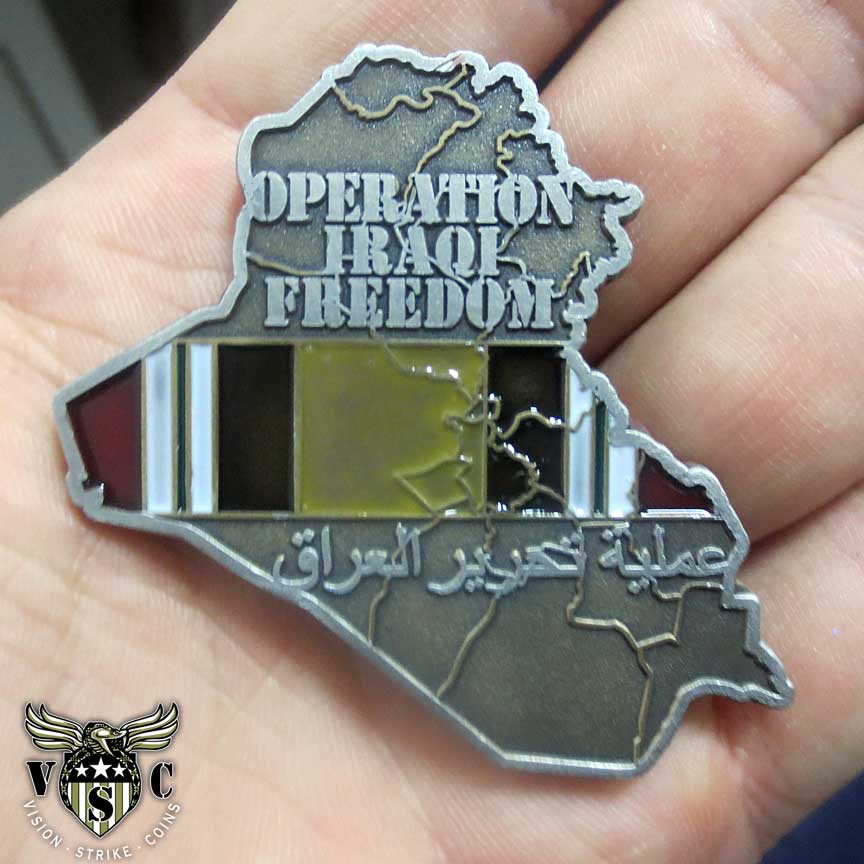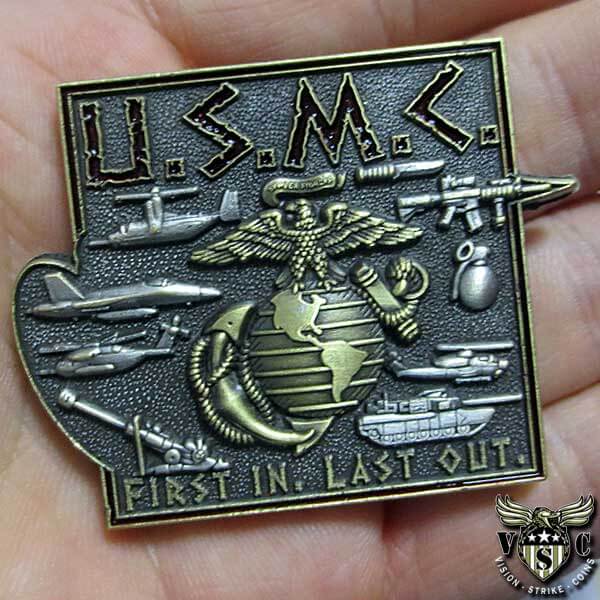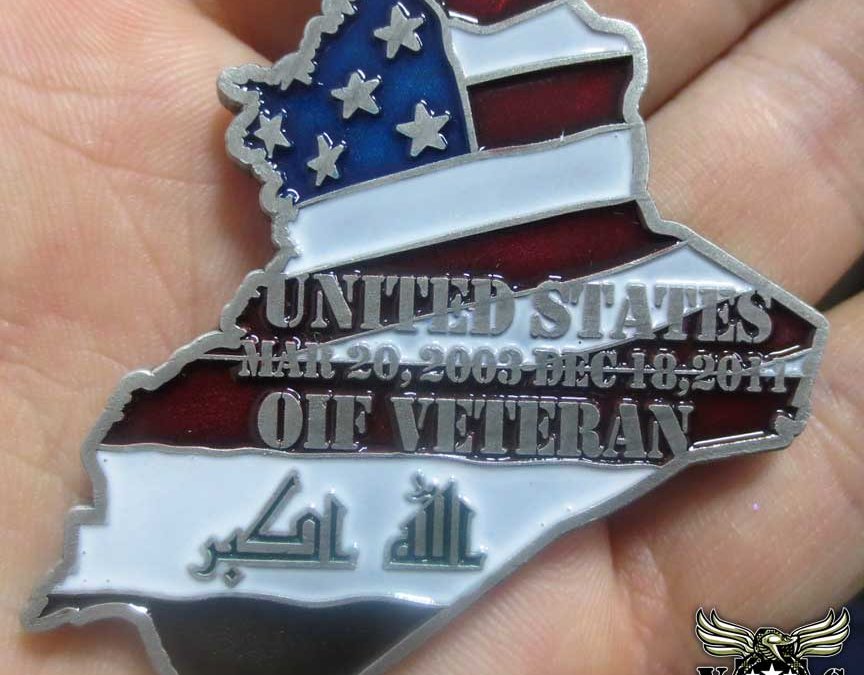Operation Iraqi Freedom (OIF) was a military campaign launched by the United States, the United Kingdom, and their allies against Iraq in 2003. The primary objective of the operation was to remove Iraqi dictator Saddam Hussein from power and eliminate Iraq’s supposed weapons of mass destruction (WMDs). Operation Iraqi Freedom Honoring the Service and Sacrifice of our Veterans is about our OIF veterans and the important role they held at this important time in military history.
The operation began with a massive air campaign followed by a ground invasion that quickly toppled Saddam’s regime.

Over 1.5 million American soldiers served in OIF between 2003 and 2011. These brave men and women faced some of the most challenging and dangerous conditions imaginable, enduring long deployments away from their families, often in hostile and unfamiliar territory. They faced enemy fire, improvised explosive devices (IEDs), and other dangers on a daily basis, risking their lives to protect their fellow soldiers and carry out their mission.
Unfortunately, the war in Iraq was not without its controversies and challenges. The initial reasons for going to war, namely the alleged presence of WMDs, were later proven to be unfounded. The war also sparked intense political debate and protests, both in the US and around the world. In addition, the war resulted in the deaths of thousands of American and Iraqi soldiers, as well as countless civilians.
Despite these challenges, the bravery and dedication of our OIF veterans cannot be denied. These men and women answered the call to serve their country and put their lives on the line for a cause they believed in. Many returned home with physical and mental scars, and it’s important that we honor their sacrifices and provide them with the support they need to heal and move forward.
Operation Iraqi Freedom And Our Veterans
The Iraq War, also known as Operation Iraqi Freedom (OIF), was a conflict that took place in Iraq from 2003 to 2011. The war was fought between the United States, along with a coalition of allies, and the Iraqi government led by Saddam Hussein. The conflict involved numerous military units from the United States, each with a specific mission and role in the war effort.
One of the most prominent military units in OIF was the United States Army. The Army played a crucial role in the conflict, providing ground troops and logistical support for the war effort. Among the Army units that served in OIF were the 1st Cavalry Division, 4th Infantry Division, and 101st Airborne Division. These units conducted a variety of missions, including combat operations, security operations, and training and advising the Iraqi military.
The United States Marine Corps also played a significant role in OIF. Marine units deployed to Iraq included the 1st Marine Expeditionary Force, 2nd Marine Division, and 3rd Marine Aircraft Wing. These units were responsible for conducting combat operations, providing security, and conducting stability operations in Iraq.

In addition to the Army and Marine Corps, the United States Air Force also played a critical role in OIF. Air Force units provided air support for ground troops, conducted reconnaissance missions, and transported troops and supplies throughout Iraq. Air Force units that served in OIF included the 3rd Air Expeditionary Wing, 332nd Air Expeditionary Wing, and the 447th Air Expeditionary Group.
The United States Navy also contributed to the war effort in Iraq. Navy units deployed to Iraq included the USS Harry S. Truman Carrier Strike Group, which conducted air strikes against targets in Iraq, and the Naval Special Warfare Command, which provided support to special operations forces operating in Iraq.
In addition to these major military units, numerous other units and organizations also served in OIF. These included National Guard units, reserve units, and various government agencies such as the Central Intelligence Agency (CIA) and the Federal Bureau of Investigation (FBI). These organizations provided critical support to the war effort, including intelligence gathering and analysis, logistical support, and training and advising Iraqi security forces.
In recent years, there has been a growing awareness of the mental health challenges faced by OIF veterans. Many struggle with PTSD, depression, and other conditions related to their service. Fortunately, there are a number of resources available to help these veterans, including counseling services, support groups, and advocacy organizations.
As a nation, we owe a debt of gratitude to our OIF veterans. They fought bravely and selflessly in a difficult and controversial war, and we must honor their sacrifices by providing them with the support and resources they need to thrive.

